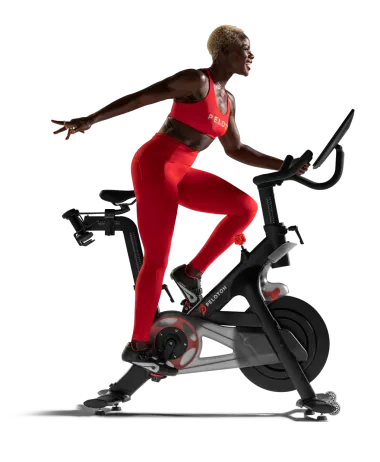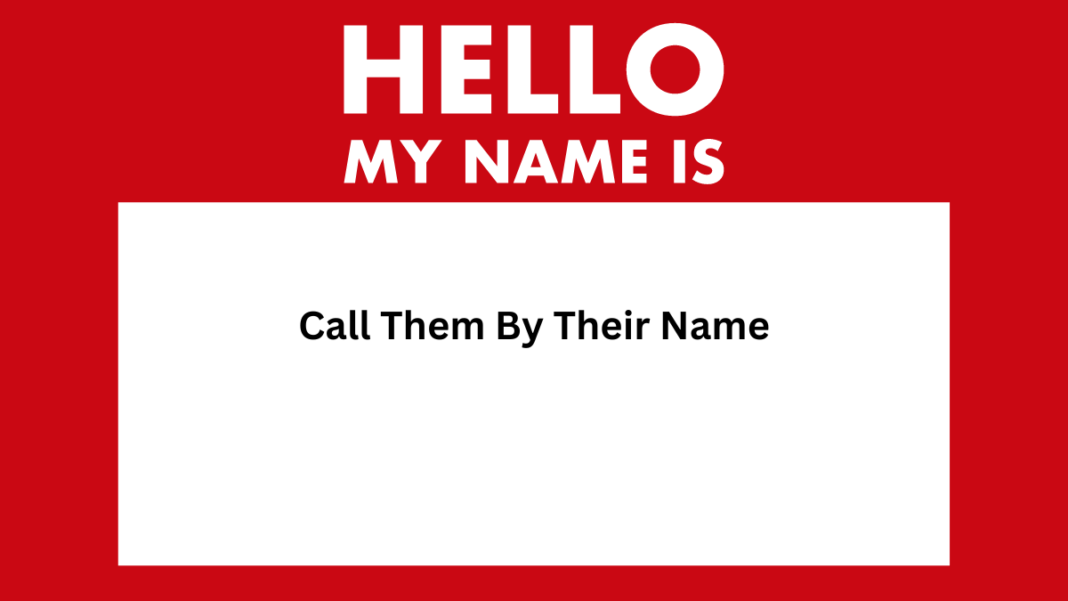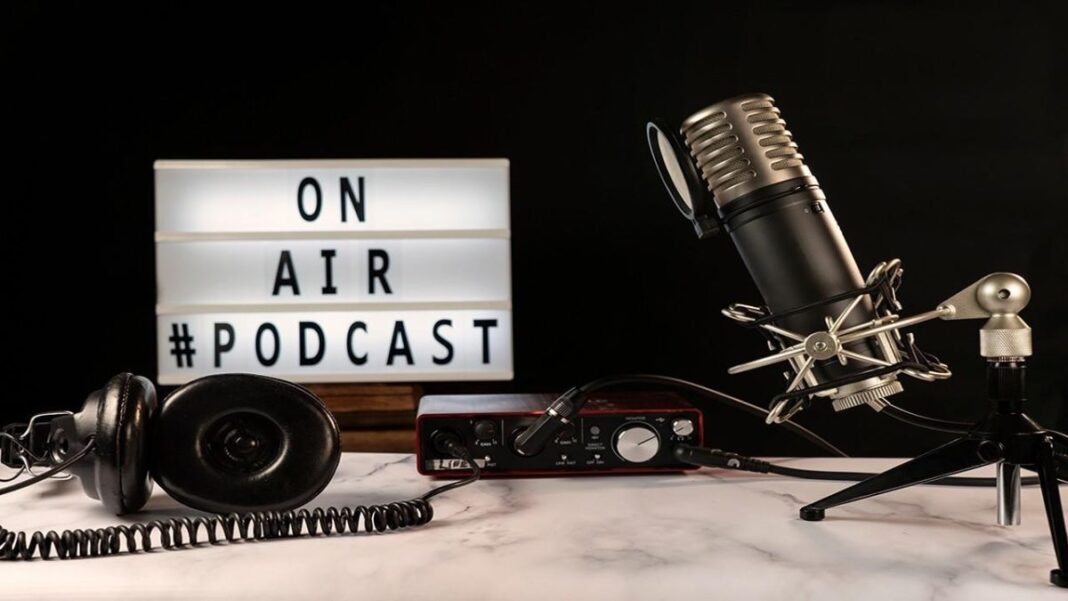I was lucky: I ordered my Peloton in February 2020, so when the pandemic hit a few weeks later, I was already in queue to get mine. It was delivered in April 2020, and it’s probably the reason why I didn’t gain 500 pounds while we were all in lockdown. Even my wife, who initially scoffed at the Peloton, became a convert, and she’s used it more than I have over the past few years.
Yes, Peloton has lost some of its luster since the pandemic subsided. But those who have stuck around are hardcore fans… #PeloP1s, if you will. They engage with their favorite instructors on social media. They share their favorite classes with their friends. They display their hashtags proudly because it helps them connect with and show off their community within the larger Peloton family.
One of the big things is shoutouts for milestones and birthdays. Riders absolutely love it when their favorite instructors mention their screen names during a live ride, and they make an effort to join those scheduled rides to get their shoutout. They even complain publicly on Facebook and Reddit when they don’t get an anticipated mention.
Seems like the kind of engagement we’d like listeners to have with radio stations, no?
Radio prides itself on our ability to interact. “Live and local,” right? (I’ll give you a minute to recover and catch your breath from that.) However, the concept is still roughly the same.
Peloton is not just on-demand, it’s also appointment riding. Instructors have live classes where the schedule is made public ahead of time, so riders can schedule their milestones to fall on a particular ride or with a certain instructor. They can take a live ride on their birthday to try for good wishes.

And now, the million-dollar idea: Scheduled shoutouts on-air. While radio tries to be as current and up-to-the-minute as possible, it’s sometimes impossible to react in real-time, especially if a shift is voicetracked. But listeners likely know their schedules ahead of time, and if they can indicate when they’re in a position to listen to your station, you can try to align shoutouts with your breaks.
While sending in their schedules a day or two ahead of time may break some of the illusion of spontaneity about radio, the flip side is that it gives you a chance to create appointment listening – and do it in a way that fits with how you’re potentially assembling a shift in advance. And while those listeners are tuned in during their window, you can give them other reasons to stick around.
It’s Tom’s birthday tomorrow. Mention that his wife, Ashley, wishes him a happy birthday sometime tomorrow from noon to 1 p.m. because he loves the Throwback Lunch. Kelsey and Aaron are celebrating their anniversary. Give them a shoutout tomorrow evening in the 6 p.m. hour because they’ll be on their way to their celebratory dinner during that time and will listen in the car.
If they know a name-check is coming, they’re more likely to stay with your station for an extended period of time, which gives you a chance to showcase what you’re about—either through music teasers, new music positioning, features, snippets of the morning show, or whatever. You’ll have a captive audience. And when people hear others being mentioned, they’ll want to get in on it, too, so the effect snowballs.
If there’s a company out there that wants to build a CRM database tie-in, you could even send email cards to the listener being targeted ahead of time, if the person submitting supplies their email address: “Hey, Kent, someone sent in a shoutout for you! Listen to X92.5 tomorrow between 2-3pm to hear it.” There’s even a sales arm here, where you could get sponsors to buy in on this, like if someone shows their shoutout email at Moe’s Sandwiches, they get a free soda.
As always, I welcome feedback, even if you want to tell me I’m blatantly incorrect (although I refuse to debate the fact that “Star Trek III: The Search for Spock” defies the “odd-numbered Trek movies are bad” trope). Hit me up at keithberman@gmail.com.

A former air personality and industry journalist, Keith Berman worked at the late Radio & Records for several years, where he held a number of positions before being promoted to format editor. While at R&R, he also served as a writer and reporter, covering breaking news; authoring weekly columns, format roundups and features; and contributing heavily to Street Talk Daily. When R&R folded, he co-founded RAMP (Radio and Music Pros) and spent 3 years covering radio and record labels before taking a hiatus from the industry. His experiences also include time on-air at stations in Connecticut, Boston and Southern California. He can be reached at KeithBerman@gmail.com.









